International Day of Women and Girls in Science 2020 - Dr Helen Senn and Regine Weckauf
12/02/2020 in Conservation
A 2019 survey showed that for the first time ever, there are more than one million women working in core STEM (science, technology, engineering and mathematics) roles across the UK, sectors that have historically been male dominated.
The scientific community is leading that charge, with nearly 46% of the workforce consisting of women. This is a significantly higher proportion than that of the other STEM industries. To celebrate International Day of Women and Girls in Science 2020, we conducted interviews with four key female conservation partnerships working with and within RZSS and asked them to discuss their perspectives and opinions on their experience in the industry.
Yesterday we shared the first interview with Dr Helen Taylor and Gill Dowse. We'll continue to share the others throughout the week (1, 2, 3, 4).
Dr Helen Senn and Regine Weckauf
Helen, head of conservation and science programmes at RZSS, and Regine, technical adviser for Fauna & Flora International Cambodia Country Programme, teamed up to deliver capacity building opportunities in Cambodia. They have been working to set up the first conservation genetics laboratory in the country.
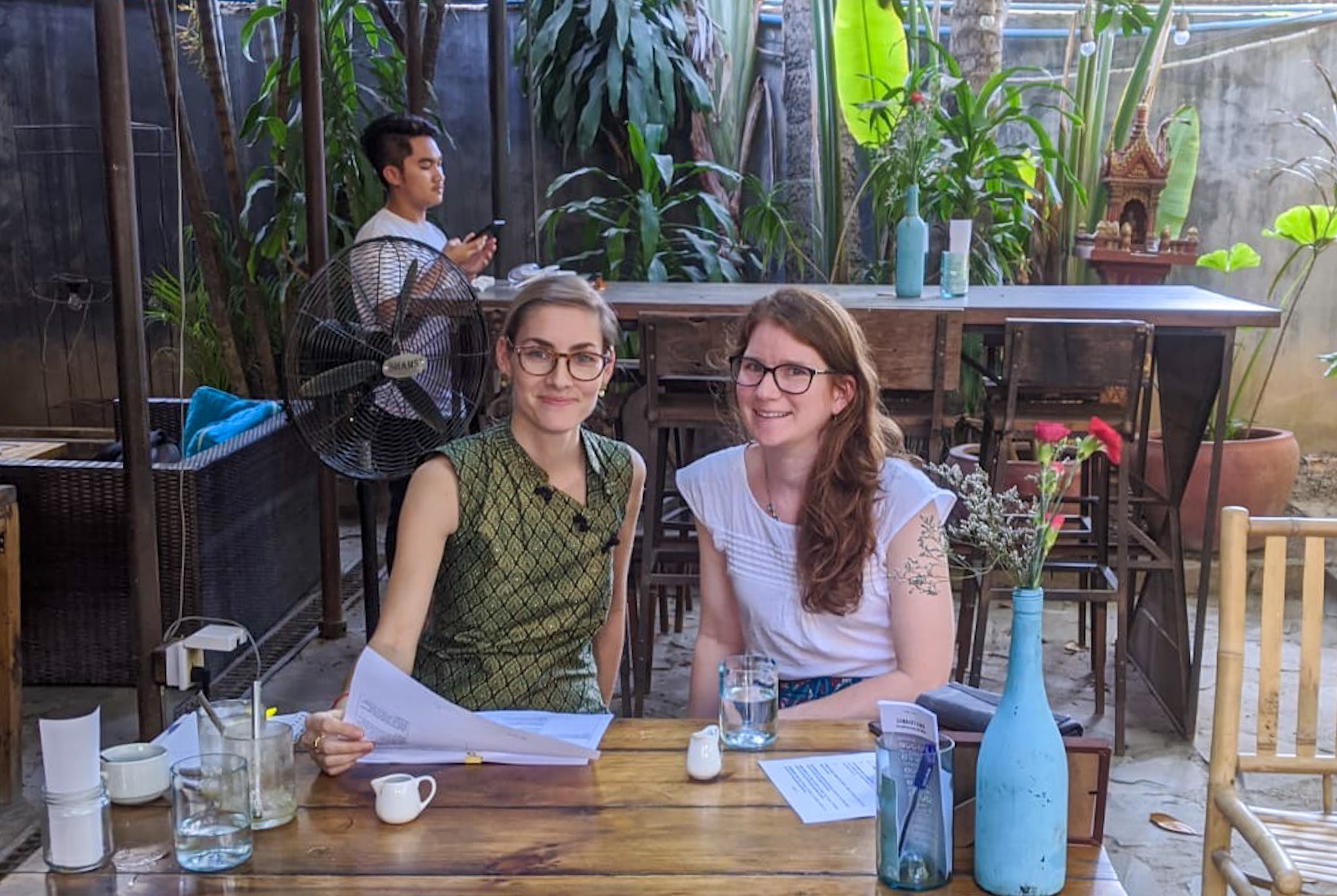
Q) Did you find that being a woman either positively or negatively affected your career progression in a field that was historically male dominated?
HS - I am not really sure about that, as I suppose it's difficult to run a controlled study on your own career! I feel very fortunate to have had an exciting and varied work-life thus far. There are moments when my gender has been a drawback and moments where it’s probably been an advantage.
I think it's very important for everyone (women and men) to educate themselves about subconscious bias, not just in relation to gender but also all other aspects of diversity. I have limited patience with the attitude that we are done with discussion of diversity or that we've got enough equality, or that everyone is not guilty of preconceptions in some way. Just look around you- especially around the world!!!. As I've progressed through my career in a field where many women are employed, I have been surprised that I still often attend meetings which are heavily male dominated. If that does not bother you, then I think you need to ask yourself: “why does it not bother me?”.
RW - For most of my career I have been working in developing countries, as a conservation practitioner and manager, and so besides being a woman, I have also always been a foreigner. Both these factors have positively and negatively affected my career, e.g. in some instances, I’ve felt I have been regarded less threatening than my male colleagues and been able to more easily get on with my work and agenda. What I find hard to navigate and, even as a woman, to not unconsciously buy into is the “Old Boys’ Club” that still dominates the top. I have great male colleagues that also start to question this, so I feel hopeful this is slowly changing.
Q) Do you have one piece of advice that you wish someone had given you when you were starting out?
RW - I feel lucky in that I had a very strong and generous female boss in my first job in conservation. She taught me how to speak up and ask the hard questions, while also showing she cared. Finding other women around you that support you, and supporting them, is incredibly helpful and much easier than you might think. Ask for support and be generous in supporting others (not just women) – we really are all working towards the same goal.
HS - A very good piece of advice I received at a fantastic lecture on women in science by Prof. Marlene Zuk early on in my career was to be an ally. Build up your female colleagues (although this also applies to everyone) don’t bring them down. There is too much important work to do.
We’re obviously not there yet but at least the discussion of leveling the playing field in terms of gender-equality is now firmly on the lab bench. By its self-defining curious nature, the scientific industry should be open-minded. Discover what you as a unique individual can offer, and with that in mind, don’t lose confidence in yourself. As Marie Curie, the first woman to win a Nobel Prize, the only woman to win one twice and the only person to win a Nobel Prize in two different sciences said, "The way of progress is neither swift nor easy"!
Featured Articles

An update from the Budongo Forest
19/04/2024 in Conservation
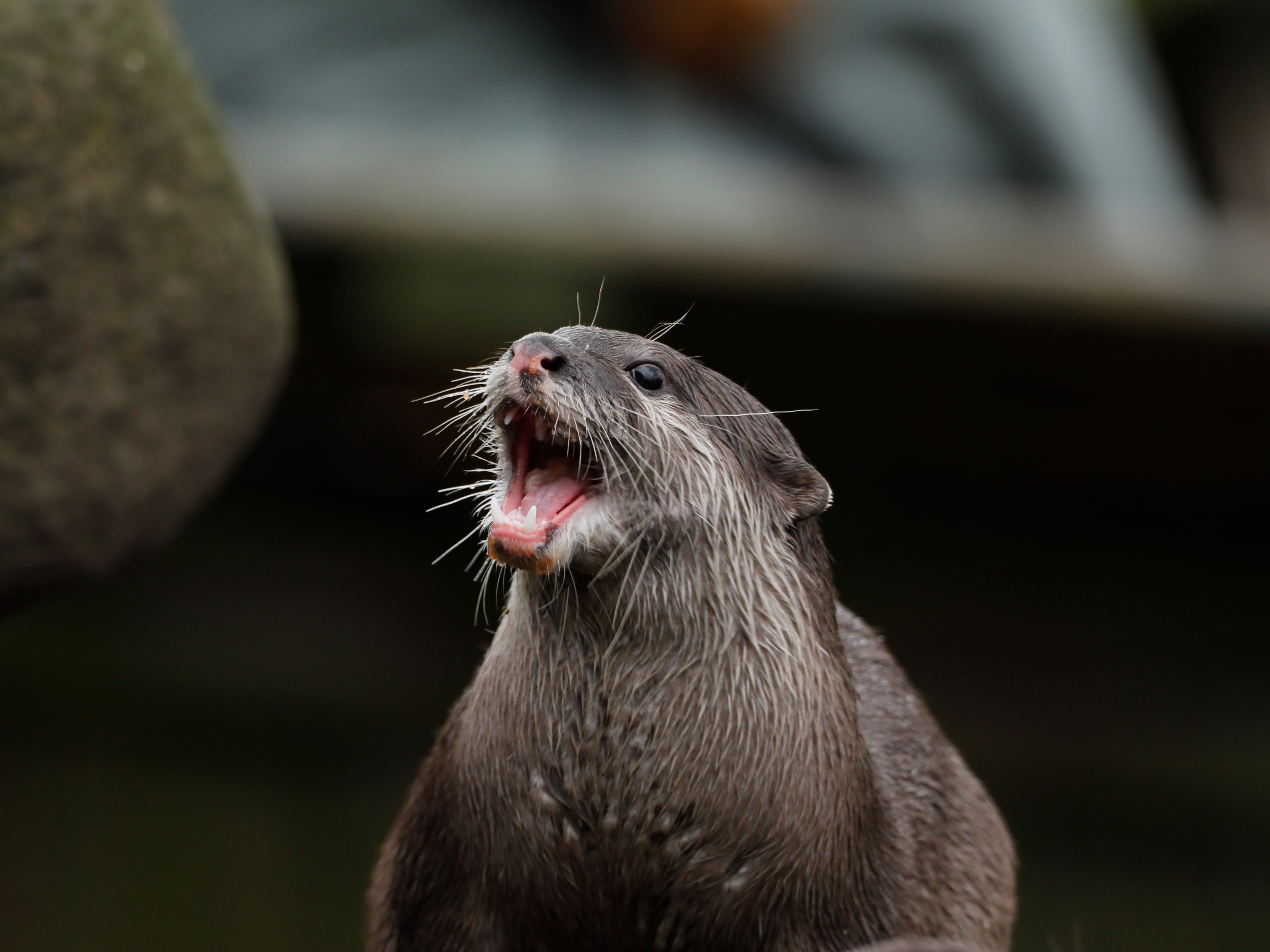
Edinburgh Zoo named best zoo in Scotland
15/04/2024 in Edinburgh Zoo

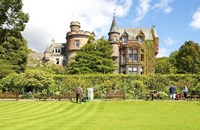

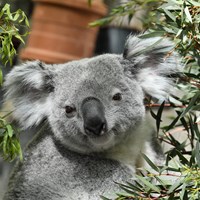
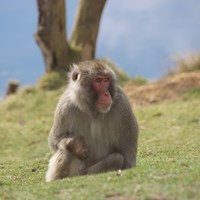
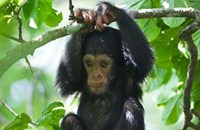
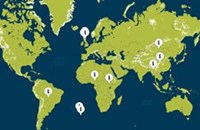
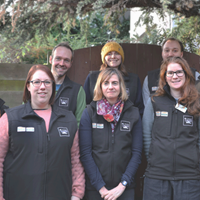
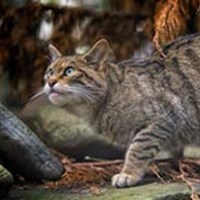

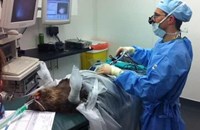

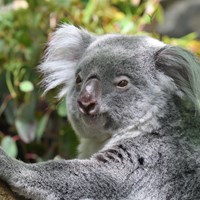

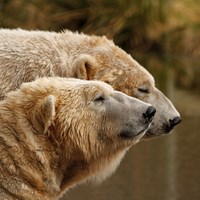

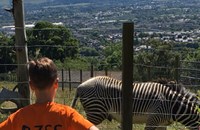

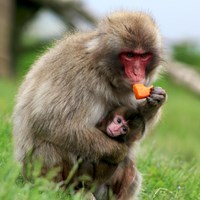
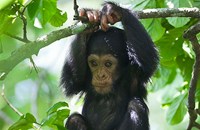
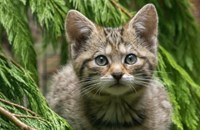
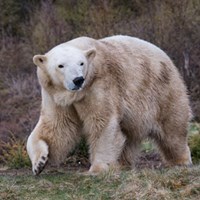
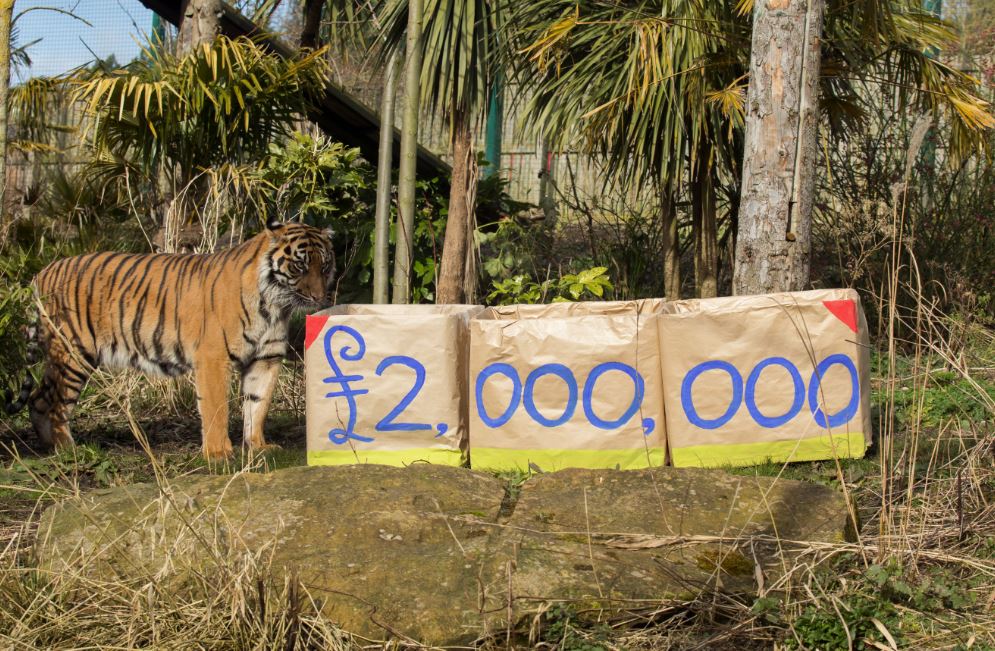

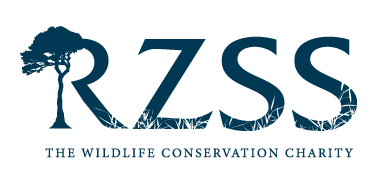
Follow EZ